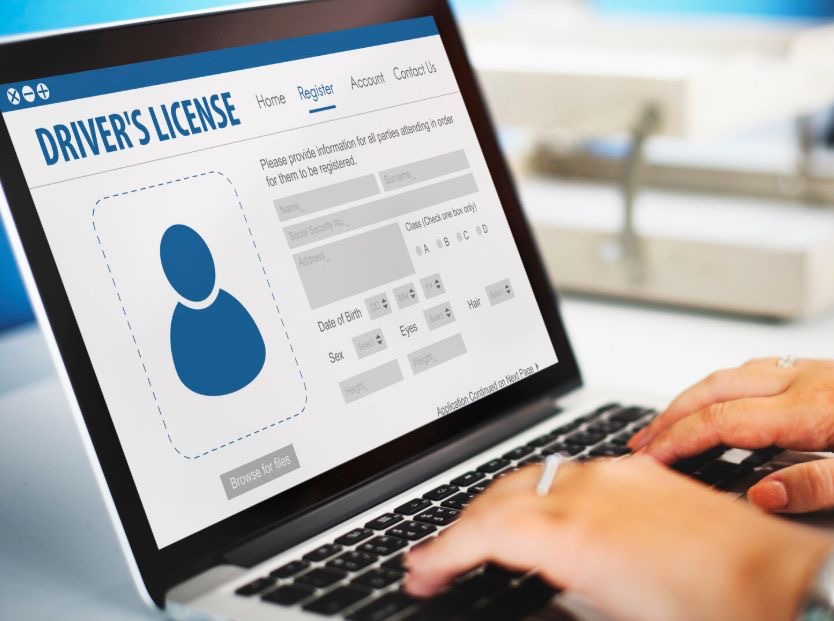DMV Practice Test 2025: Prepare for Your Driver’s License Exam Online
Getting your driver’s license or registering your vehicle is a milestone that represents independence, responsibility, and legal compliance. Many people prepare for their written knowledge exam by taking a dmv practice test 2025, but there’s more to the licensing process than just passing the test.
Understanding the DMV’s Role
The Department of Motor Vehicles (DMV), or its equivalent in your state, is the government agency responsible for issuing driver’s licenses, conducting knowledge and road tests, registering vehicles, issuing plates, and maintaining driver records. While processes vary from state to state, their shared mission is to ensure drivers are qualified and vehicles are safe and compliant with the law.
Types of Driver’s Licenses
Drivers may need different licenses depending on what they operate.
- Standard Driver’s License – For personal vehicles.
- Commercial Driver’s License (CDL) – For large trucks, buses, or hazardous material transport.
- Motorcycle License – For motorcycles and mopeds.
- Graduated Driver Licensing (GDL) – For new drivers, often with restrictions that ease over time.
Getting Your Driver’s License
Obtaining a driver’s license generally involves meeting eligibility requirements, gathering documents, passing a written knowledge exam, completing a vision screening, and passing a road test. Many applicants prepare for the written portion with a dmv practice test 2025 to familiarize themselves with road rules and traffic signs.
The Written Knowledge Test
This test evaluates your understanding of state driving laws, safe driving practices, and road signs. It’s often computer-based, offered in multiple languages, and may give results instantly. Preparation using your state’s driver handbook and official practice materials is key.
Graduated Driver Licensing for New Drivers
Many states have a GDL system to help new drivers gain safe experience. This begins with a learner’s permit, progresses to an intermediate license with restrictions, and eventually leads to a full license once requirements are met.
License Renewal
Licenses typically expire every few years. Renewal can often be completed online, by mail, or in person, and may require updated photos, vision screenings, or new documentation. Staying ahead of your renewal date prevents late fees or retesting.
Vehicle Registration Basics
Vehicle registration is proof your vehicle is legally recognized in your state. It links you, the owner, to the vehicle and ensures your car meets safety and emissions requirements. Without it, you cannot legally operate the vehicle on public roads.
How to Register Your Vehicle
Registering a vehicle generally involves providing the title, proof of insurance, identification, and paying applicable fees. Some states require safety or emissions inspections before registration. Once complete, you receive license plates and a registration card that should be kept in your vehicle.
Registration Renewal
Most registrations must be renewed annually or biennially. Online renewal is common, but deadlines vary by state. Failing to renew can lead to fines or even impoundment.
Special Registration Options
Some drivers apply for personalized plates, disability placards, or temporary registration permits. These require additional forms and may involve extra fees.
Insurance and Registration
Proof of insurance is typically required for registration. State laws set minimum coverage limits, and any lapse in coverage can lead to registration suspension.
Moving to a New State
If you relocate, you’ll need to update your license and registration within the time frame your new state allows. This often means surrendering your old plates and providing new proof of residency.
Penalties for Driving Without Proper Documentation
Driving without a valid license or current registration can result in fines, legal trouble, and vehicle impoundment. Repeat offenses may lead to license suspension or revocation.
Tips for a Smooth DMV Experience
Plan ahead by booking appointments early, bringing extra documents, and checking your state DMV’s website for online services. Many processes can now be completed without visiting an office.
Changes Coming in 2025
DMVs across the country are introducing more online testing, offering digital driver’s licenses for smartphones, and moving toward paperless registration systems. Staying informed ensures you remain compliant with the latest requirements.
Conclusion
Getting licensed and keeping your vehicle properly registered is more than just a formality—it’s a legal requirement that keeps you and others safe. While preparing with a dmv practice test 2025 can help you pass the written exam, knowing the complete licensing and registration process will ensure you avoid delays, penalties, and costly mistakes. With the right preparation and awareness of state-specific rules, you’ll be ready to drive confidently and legally.

